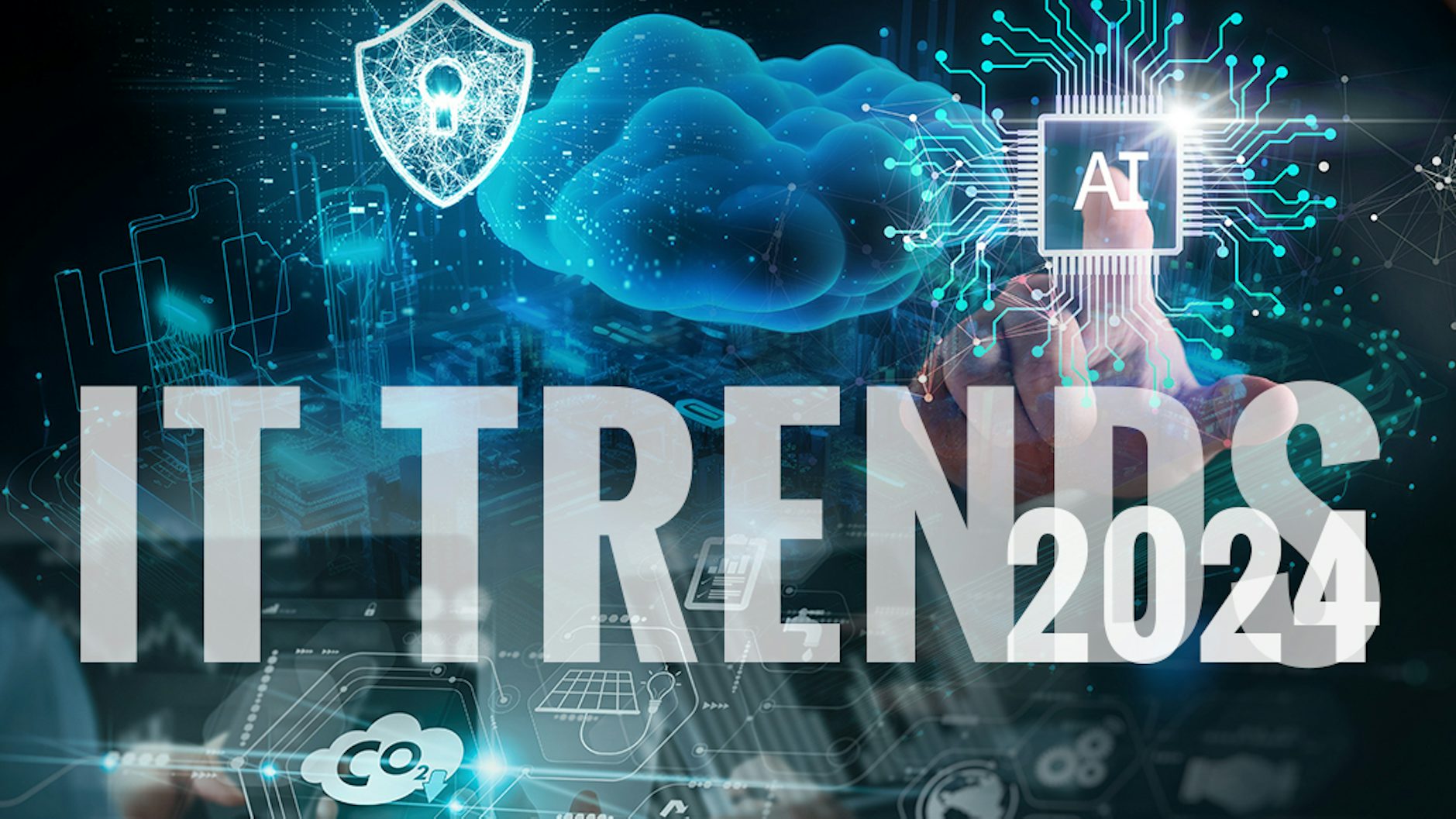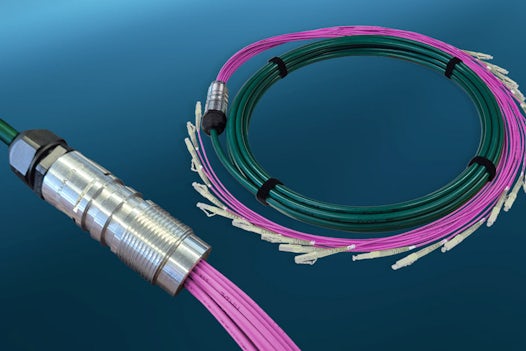
The IT trends for 2024
This is what you should know
29 de enero de 2024

From the democratisation of artificial intelligence (AI) through cyber resilience to sustainable technology: Datwyler presents five important IT trends which companies should keep an eye on this year.
#1 Democratisation of generative AI
Artificial intelligence is gaining momentum. Now is the time to make it accessible and useful to everyone. Pre-trained models, cloud computing and open source projects are playing an important part in the democratisation of AI. In 2023 artificial intelligence entered many people’s daily lives due to major language models like ChatGPT. A trend which will continue throughout the world this year – in companies as well. According to Gartner by 2026 over 80 percent of companies will be using GenAI APIs or GenAI-compatible applications in production environments – a dramatic increase compared with just under five percent at the beginning of 2023.
#2 Cyber resilience: ensures a company’s business continuity
According to Forbes every second company fell victim to a successful cyber attack over the last three years. By the end of 2024 the cost of these attacks to industry is anticipated to exceed 10 trillion US dollars. In view of this rapidly growing threat, technologies which increase company security should be at the very top of every organisation’s list of priorities. Cyber resilience, by contrast with pure cyber defence, aims to allow successful operation to continue even when a cyber attack has already occurred. It relies on the automation of defence by means of AI and machine learning among other things. In a worldwide survey by PwC on the topic of cyber security, 75 percent of German companies and 69 percent globally stated that they wanted to use generative AI for cyber defence in the next twelve months.
#3 Sustainable technology: an important factor on the road to CO2 neutrality
In 2024 the issue of sustainable technologies will also have a major influence on company investment. Sharply rising energy costs as well as increasingly stringent regulations will see to this. For example, as well as the European ESG (Environmental Social Governance) Directive, the Energy Efficiency Act came into force in Germany in November 2023. This makes operators of data centres responsible for reducing their energy consumption and utilising the waste heat generated. “The IT infrastructure and data centre cooling consume the most electricity,” explained Julian Dömer, Managing Director Europe at Datwyler IT Infra. “Compact edge data centres are smart, energy-efficient solutions for reducing CO2 emissions and saving energy.”
#4 Cloud platforms: specific solutions for vertical industries
The combination of software, platform and infrastructure-as-a-service functions enables companies to offer agile und relevant industry solutions, says Gartner. Industrial processes and applications can be adjusted quickly, which places companies in a position to react rapidly to changes. It also allows them to pool the data held in various organisations and systems, and thus to exchange it more easily with partners and other stakeholders.
#5 AI TRiSM: ensuring secure AI applications
With the democratisation of AI the demand for its security is increasing as well. According to Gartner firms should rely on stringent Trust, Risk and Security Management for AI (AI TRiSM) to ensure the reliability, trustworthiness and data security of AI models. Gartner thinks that companies using AI TRiSM technologies can make better decisions, because up to 80 percent of erroneous information can be eliminated by them.


